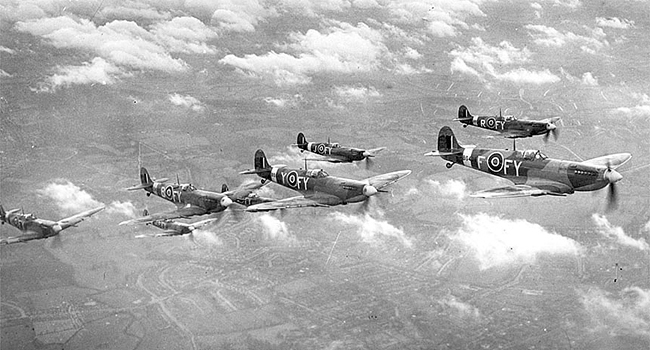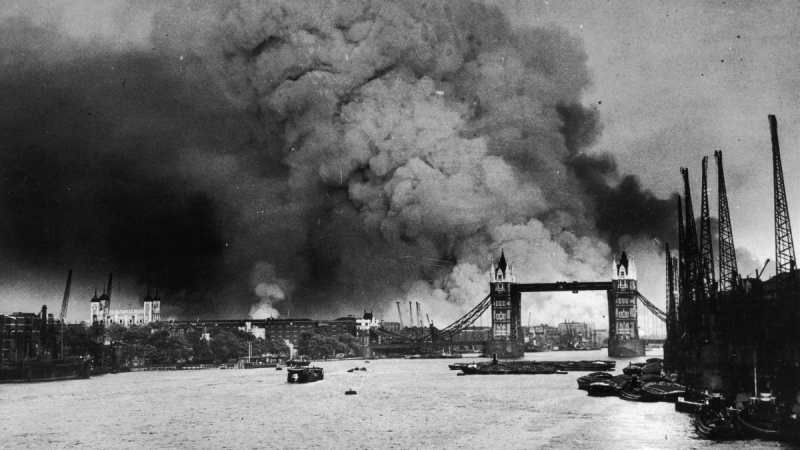The Battle of Britain

The Battle of Britain was a significant fight during WWII. Germany had controlled most of Europe, including France, and the only large country left for them to capture was Britain.
As a result, Germany intended to conquer Great Britain. To prepare for the attack, the Germans invaded cities and army defenses on England's southern coast. They quickly realized that Britain's Royal Air Force would be a problem, so they chose to attack the air force instead, with the goal of defeating it. As a response, they commenced major bomber strikes against airport runways, airfields, harbors, aircraft manufacturers, and British radar sites in August 1940.
Over the next three months (until October 31st), the Royal Air Force destroyed 792 planes and killed over 500 pilots. As the German air force understood that it was not easy to defeat them, the number of raids started to decline toward the end of this campaign.
On September 15, the British decided to resist another huge German offensive. Even though the Germans commanded more planes and pilots, the British had the advantage of fighting on home ground and having radar. Due to high casualties, the Luftwaffe was compelled to reduce back operations. Hitler's plans for an invasion were postponed permanently. This was one of Britain's most significant victories, demonstrating that air power alone could win a major war.
Date: July 1940 - September 1940
Location: English Channel - France - United Kingdom
Participants: Germany - United Kingdom











